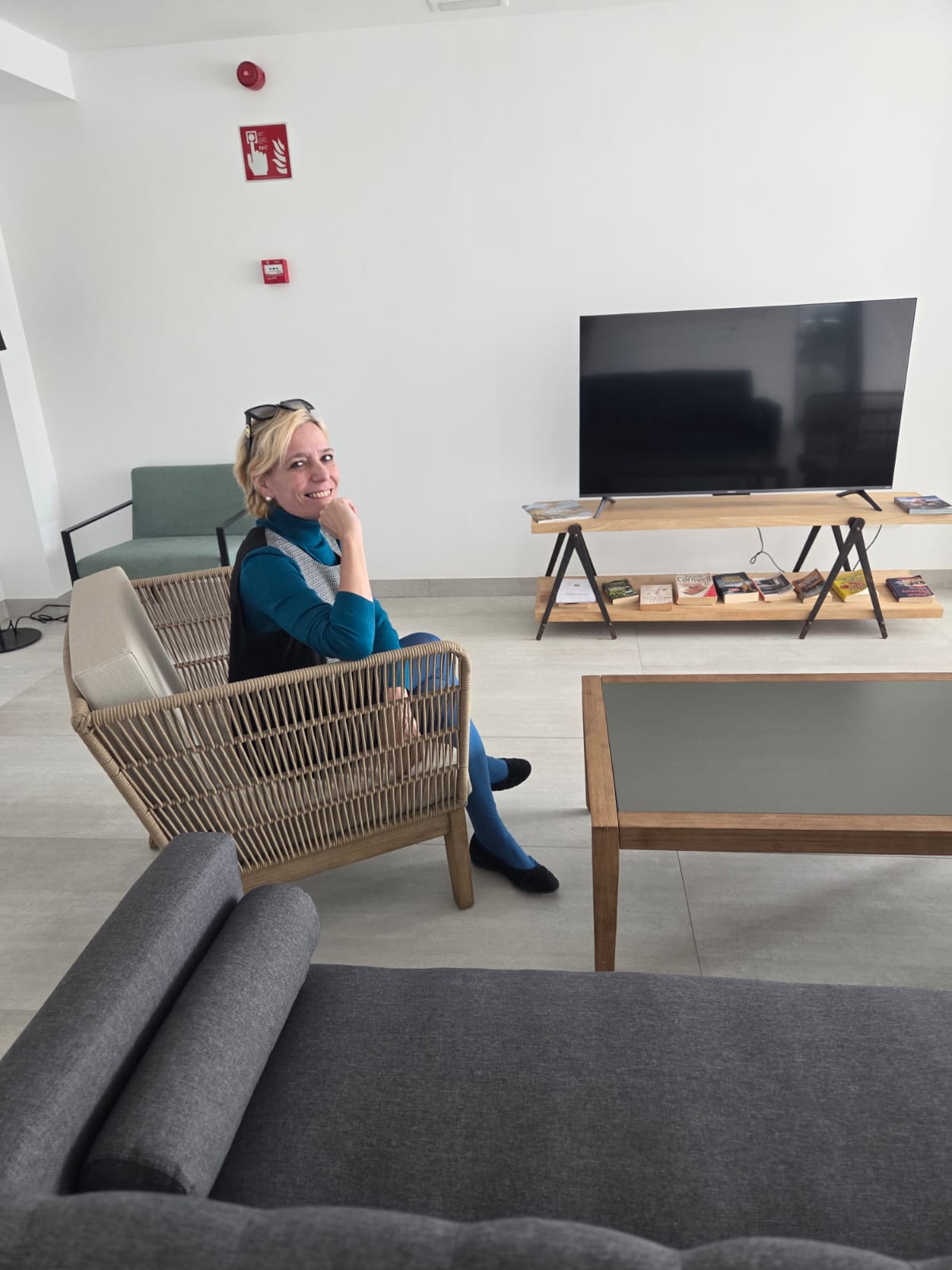
Find out more about eating with Austrians, drinking with Austrians, and what «na no na net» means.
uten Appetit! Eating with Austrians
Austrians take their food seriously and this dedication shows in their gastronomic rituals.
When having a meal as a group, it is polite to wish one another «Guten Appetit» or «Mahlzeit». The word «Mahlzeit» literally means «mealtime» and is also used as a general greeting around midday, when one can assume that most people are about to have lunch. At traditional restaurants, especially in the countryside, it is also considered polite to greet other punters with a hearty «Mahlzeit».
A typical Austrian meal can be a long-running affair, as there are normally at least three courses and no rush to leave after the last bite. It is common to languish at the table and enjoy a drink. Influenced by Hungarian, Bohemian and Italian cooking, Austrian cuisine is very diverse, with strong regional differences. It is not nearly as heavy as its reputation would have you believe, with modern versions of classic dishes being created by innovative chefs throughout the country. To savour home-made regional specialities, visit a countryside tavern (Heuriger, Buschenschank, or Landgasthof), where dishes are simple but divine.
Things to Remember
- Say «Mahlzeit» at the start of your meal to impress your Austrian friends.

Prost! Drinking with Austrians
Drinking has its own ceremonial protocol in Austria, in which eye contact plays a central role. When clinking glasses, Austrians take a moment to make eye contact and say «Prost» to each person in the round. If you feel like showing off, you can also say «Zum Wohl» or «Prosit» – all three mean «to your health».
Skiing instructors, tour guides, and bartenders will be more than happy to teach you a variety of less formal, usually rowdy toasts that are popular throughout the country. Austria’s excellent wine, spirits, and beer are the pride of local restaurateurs, so make sure to sample regional beverages whenever possible.
After a meal you are likely to be offered a shot of schnaps, Austria’s favourite digestive. This is not a drink for the faint-hearted. The rule is to drink it in a single mouthful and, with most varieties containing around 40% alcohol, this is – literally – an eye-watering experience.
Things to Remember
- Say «Prost» when clinking glasses – and make sure to make eye contact.
- Have a shot of schnaps after dinner with your Austrian hosts.
Schmäh: A lesson in Austrian humour
The term Schmäh (pronounced ‘shmay’) has many meanings. It can denote a joke, a trick, or a lie, but also regional or personal charm, sense of humour, and wit.
Schmäh is a good-natured yet snide kind of banter with a subversive historical background. It has its roots below stairs, originating from servants’ mockery of the high-strung, pseudo-courtly lifestyle of their bourgeois masters. Part melancholy, part comedy, it often mixes gallantry with persiflage, flattery with ridicule.
Every region and every individual in Austria has a unique type of Schmäh. It is sometimes mistaken for moodiness or impertinence, but it has always been a friendly, ironic sort of naughtiness, with very simple rules of engagement. Roll with the punches and enjoy a harmless – if slightly anarchic – battle of the wits.
Things to Remember
- Don’t be offended if someone seems to be making fun of you – most likely, it is good-natured ribbing.


Yes. No. Maybe? The Many Meanings of «Na»
«Na» (pronounced «nah») is one of the most versatile Austrian expressions. Austrians use it in many different ways, be it in an affirmative sense or as an all-round question. «Na» is derived from «nein», the German word for no, but has assumed many different meanings within Austrian vernacular, such as:
- A drawn-out «naaa» means «no».
- A short, incredulous «Na!» implies «That can’t be true!».
- «Na» can also be used in an affirmative sense. «Na, eh» literally means «No, exactly», a common expression of agreement in Austria.
- Then there is the linguistic gem of «na ja», which translates as «no yes» and is used to express a certain indifference, comparable to «oh well, I’m not really bothered».
- «Na» can also be used as a question. Depending on the situation, it could be a request to explain who you are, why you are here, what you are doing, how you are feeling, or what you are thinking. It can also be a call to action, comparable to «well, are you just going to stand there?».
- Finally, there is also the beautifully rhythmic «na net na na», which literally means «no not no no», and can be loosely translated as «you are pointing out the obvious, my friend».
Things to Remember
- Use any of the above variations of «na» to impress an Austrian.

Austrian culture is a fascinating blend of historical and modern influences. Here are some highlights:
- Classical Music: Vienna, the capital city, has long been a hub of musical innovation. Composers like Mozart, Beethoven, and Johann Strauss Jr. were associated with the city. The Musikverein in Vienna is considered one of the world’s finest concert halls1.
- Baroque Architecture: Austria boasts beautiful baroque architecture, with Vienna as a prime example. The city’s historical buildings and palaces reflect its rich cultural heritage.
- Coffee Culture: Viennese coffeehouses are iconic. They’re not just places to grab a drink; they’re social hubs where people gather to chat, read, or work.
- Winter Sports: Austria’s Alpine traditions make it a paradise for winter sports enthusiasts. Skiing, snowboarding, and ice skating are popular activities.
- Catholic Influence: Historically, Austria was a strongly Catholic country due to its association with the Habsburg monarchy. This influence is still evident in religious practices and traditions.
- Diverse Linguistic Landscape: While Austrian German is dominant, the region historically had a mix of languages.
So, whether you’re sipping coffee in a Viennese café or hitting the slopes in the Alps, Austrian culture offers a delightful experience! 😊




